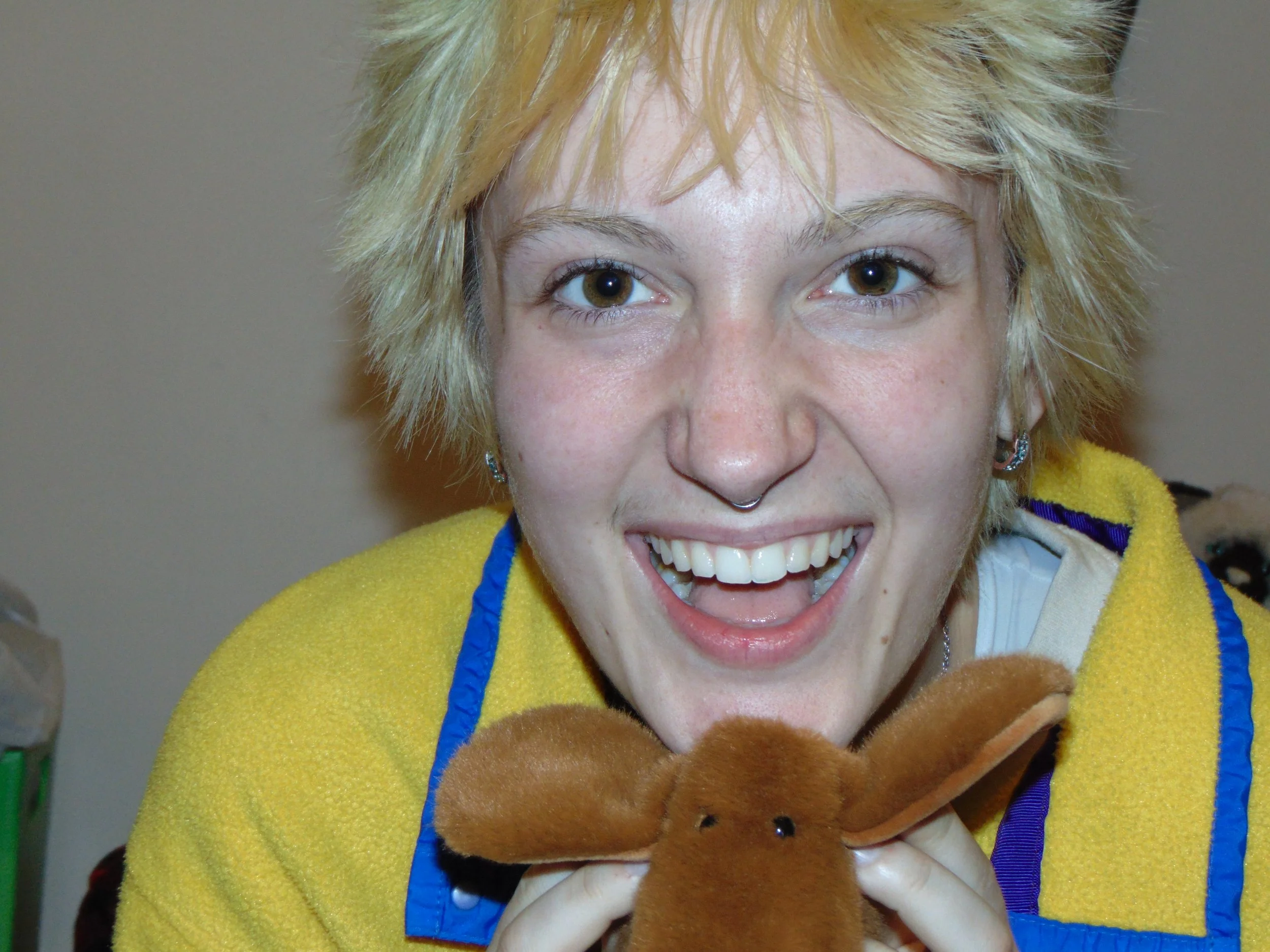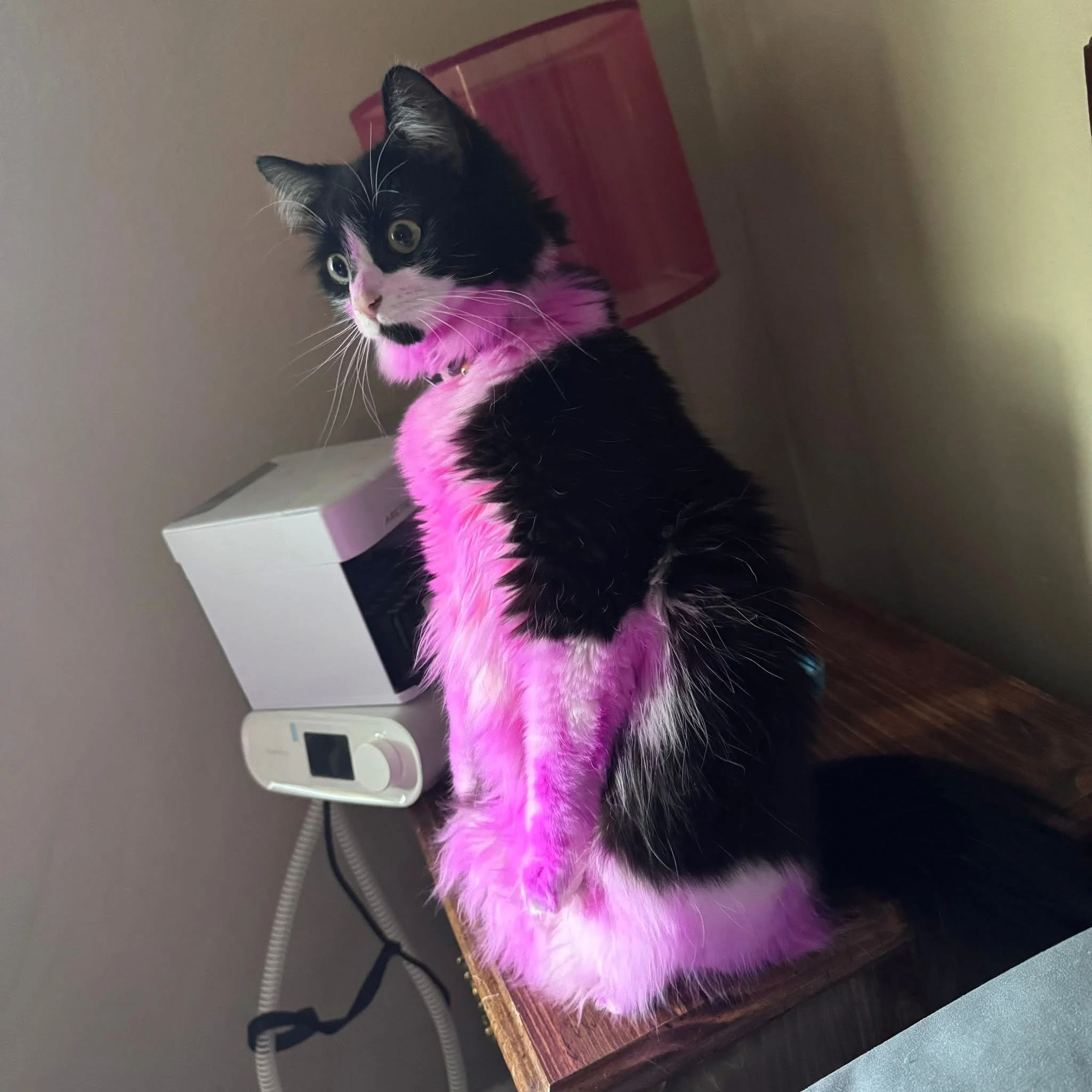Search History, produced by the DISCO Network, is a zine publication motivating interdisciplinary conversation on art, tech, and justice. The speed at which the tech industry moves often leaves the consumer unsure of where their agency lies in an increasingly digital world.
This zine is an invitation for playful uncertainty—a space for a software engineer to write a poem, a painter to code, a sociologist to write fiction. We welcome submissions from any University of Michigan student, not just artists or technologists, including undergraduates, graduate students, professional students, medical students, and those who have left or graduated in the last five years. We are all profoundly impacted by our socio-technological landscape, and we hope to show that we need diverse voices meditating on the implications of technology.
To the left, you can see our first volume’s website. Below, you will find our second volume’s site.
Find submissions and a PDF of the print edition by clicking on the icons there, and read about
our editor’s work and artists’ bios below that. Now, go forth and start falling down, down, down…
Vol. 2: Into the Rabbit Hole

Meet the Contributors
-

Madeline Rea
Major(s) & Minor(s): Neuroscience and Data Science, Minor in Writing
Aspiring X-man
-

J.C. Wilber
Major(s) & Minor(s): FTVM, Minor in Writing and Museum Studies; Special Collections Library Staff
Currently interred somewhere beneath Culpeper, VA
-

Selena Zou
Major(s) & Minor(s): Architecture
slaying, gagging, and thriving babe
-

Thejas Varma
Major(s) & Minor(s): Communication and Media, English Minor
snug at home in a blanket
-

Bailey Newsome
Major(s) & Minor(s): Art & Design, Psychology
-

Dee Holmes
Major(s) & Minor(s): Art & Design, Minor in Creative Writing
Artist and tiramisu enthusiast
-

Bella Spagnuolo
Major(s) & Minor(s): Art & Design
destroyer of toilets
-

AlleyCat123
Major(s) & Minor(s): Computer Science Alum
Just another alley cat
-

Anonymous Member 104
Major(s) & Minor(s): English, Minor in LGBTQ+ Sexuality Studies
Shirley Jackson’s homoerotic best friend
-

AlleyCat456
Major(s) & Minor(s): Math and Computer Science; English and Minor in LGBTQ+ Sexuality Studies
The alley cats are multiplying, and you should be scared.
-

Jaimie Lopez
University of Michigan Library Staff
occasional maker of things
-

Anonymous
Major(s) & Minor(s): English, Women and Gender Studies
pissed off librarian in training
-

Sophie
Major(s) & Minor(s): Art & Design
Cat enthusiast
-

B.L. Devlin
Major(s) & Minor(s): English, Minor in Museum Studies and Digital Studies
frequently found making art and/or fully submerged in a degrassi binge
-

Saarthak Johri
Major(s) & Minor(s): Astronomy
Seeking enlightenment through sleep deprivation

Editors’ Note
In times long-since passed, we might have been inclined to think that the Internet and the “real world” were entirely distinct spheres, that what happens in one space didn’t necessarily impact the reality of the other. Today, we know that couldn’t be further from the truth. Though the Earth continues to turn as usual, a parallel universe now exists in the cloud, in cables buried under and across oceans, in data center fortresses, in little black mirrors, in our heads rent free, running 24/7.
This zine, our second volume of Search History, asks: What happens when a person spends a significant amount of time in the online world? Like Lewis Carroll in Alice in Wonderland, we wanted to explore what happens when we fall, whether purposefully or not, down rabbit holes. Asking participants to reflect on their experiences with digital attention traps and their Internet engagement, Search History presents an opportunity to press pause. In confronting both the rich information networks and the brainrotting distractions, we find nuance and an attempt to savor it. We don’t simply label it “good” or “bad,” we reckon with what the Internet has to offer and what it takes as a price; For every delicious morsel of indulgent fodder, there is an equal lump in frustration, dread, and rage ready to bait us further down.
If you would kindly: Pay attention as our contributors negotiate these complexities. We invite you to form your own conclusion from all of the perspectives presented ahead. Thank you for reading Search History: Into the Rabbit Hole.


